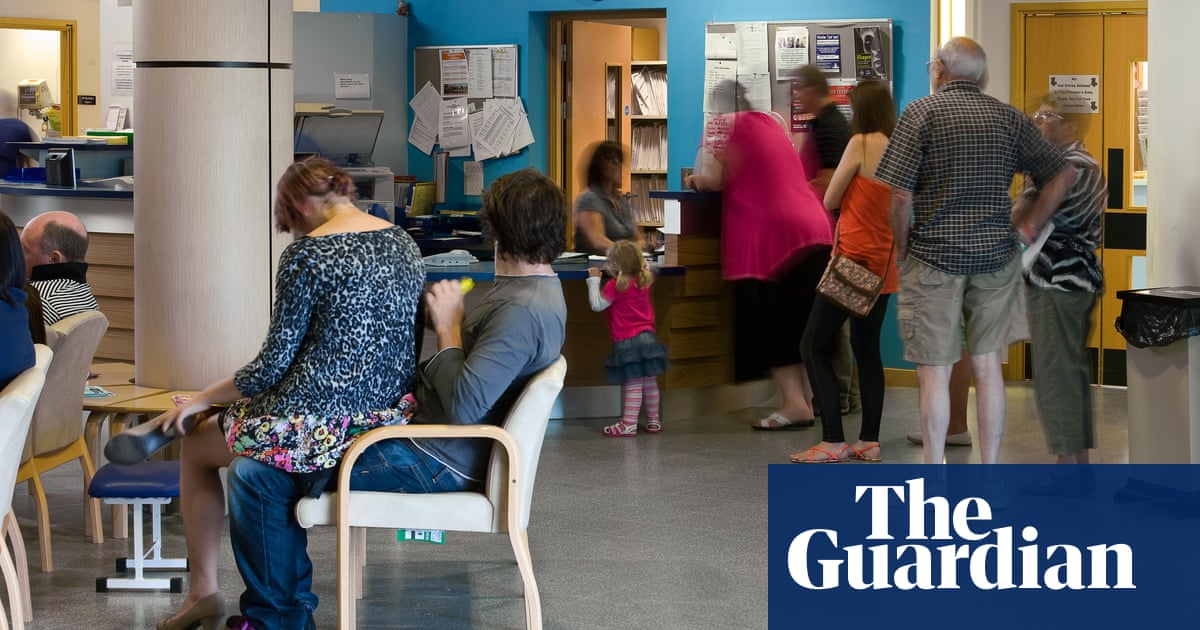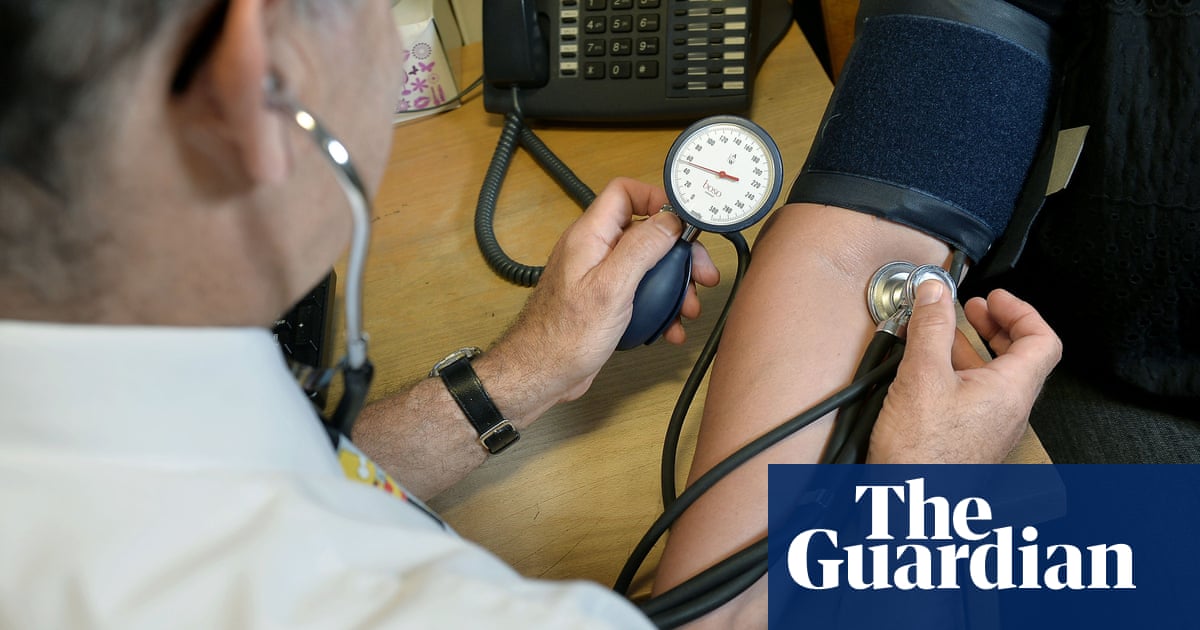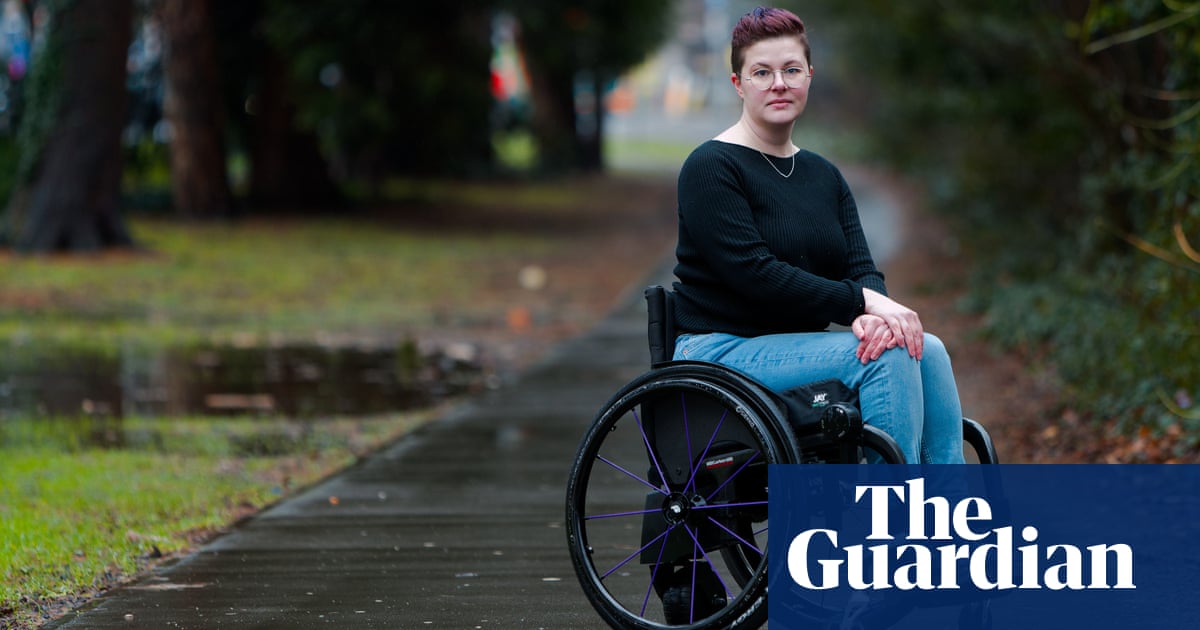
Sajid Javid has warned that the number of people needing hospital treatment in England is set to rise sharply, outstripping the new record of almost 5.5m already on the NHS waiting list.
The health secretary said the government would consider boosting the NHS’s budget to help it cope with a “huge increase” in demand linked to services being disrupted by Covid, including surgery.
The total number of people who have been referred for hospital care rose in June to 5.45m, the latest NHS England figures show. That headline total has risen by almost 1.6m over the last year and by 861,639 since January alone, and is growing by nearly 150,000 every month.
“Everyone understands why hospital waiting lists have risen. The NHS has rightly focused on Covid-19 in this horrible pandemic and that has meant, sadly, that waiting lists have risen,” Javid said in response to the figures.
An estimated 7 million people who might have needed NHS help during the pandemic did not access it – and the waiting list will climb further as more of them seek care, he added. “As they do, I think waiting lists will rise because there will be a huge increase in demand.”
Ministers will look at “what more we need to do” for the NHS, Javid added. The Institute for Fiscal Studies predicted last week that the waiting list could hit 15m by 2025 without urgent action.
A slew of grim performance figures on some of the NHS’s key waiting times targets in June led the body that represents A&E doctors to warn that “the health service is really struggling”. NHS bosses say that hospitals are the busiest they have ever been, despite it being summer and the latest wave of Covid having been much less demanding than the previous ones.
The proportion of those being treated in A&E within the supposed maximum of four hours has fallen to 68%, its lowest level on record – it should be 92%. The number of people forced to wait at least four hours on a trolley to get a hospital bed has risen by 30% in a year. In addition, “we have levels of 12-hour waits we would usually associate with winter”, said Dr Katherine Henderson, the president of the Royal College of Emergency Medicine.
“Demand is driven by multiple factors – difficulties accessing primary care, complications of chronic conditions, new presentations of significant illness and waiting list patients with ongoing symptoms and no sign of getting their care sorted any time soon,” Henderson explained. “Messages from the centre that things are OK are disingenuous,” she added, in a rebuke to NHS England.
The figures also showed that 3.75 million people have been waiting more than 18 weeks to be seen in hospital, and ambulance services in England responded to over a million 999 calls in a month for the first time. Of them 82,000 involved a callout for a life-threatening condition – the most ever.
Chris Hopson, the chief executive of NHS Providers, which represents health service trusts, said the figures underlined “why it’s so important the NHS gets the immediate funding it needs for the second half of the financial year and in the upcoming comprehensive spending review”.
However, Hopson pointed to trusts recording some “huge achievements” despite dealing with heavy demand and large numbers of staff on holiday, off sick or isolating. The number of people forced to wait at least a year has fallen, while those checked for cancer has risen to 230,000, and 84,000 more diagnostic tests such as a CT or MRI scan were carried out than in the previous month.
The number of patients waiting six months or more for hospital care fell slightly from 1,187,742 in May to 1,163,818 in June, while those forced to wait more than a year also fell, from 336,733 to 304,803. But the number who have been waiting for two years rose, from 3,927 to 5,727.
Labour’s Jonathan Ashworth, the shadow health secretary, said: “Today’s NHS stats reveal a health service in a summer crisis struggling without the resources and staff needed to deliver quality care on time.”
Prof Stephen Powis, NHS England’s national medical director, said the figures showed that the service was making good use of the £1bn that the government gave it to help it tackle the backlog of care that built up because of Covid, and to reduce waiting times.












